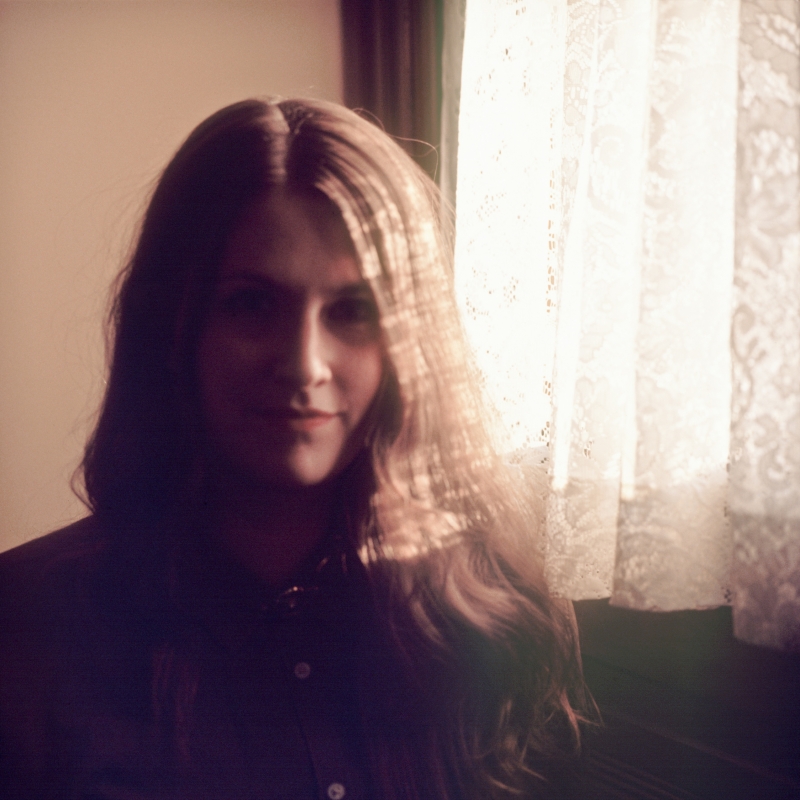We Are English Graduate Students: Kristin George Bagdanov

Kristin is a PhD student and poet who has published two books of poetry in recent months and is beginning to publish research from her dissertation. She published Fossils in the Making in April, while her second book of poetry, Diurne, won the Sunken Garden Poetry Prize and was published by Tupelo Press this month. We asked her about working in both poetic and scholarly critical modes and much more!
What do you learn from working across genres and, in so doing, addressing different audiences?
I’m still becoming acquainted with academic genres like the dissertation chapter and scholarly article, but something I’ve noticed is that, though the form and discourse change, I approach critical and creative genres in a similar way. I write to unravel a question, and whether that's in the form of a poem or article, the process is always one of discovery. The old adage for writing fiction is “write what you know,” but I often feel that I am writing what I do not know. I find critical writing to be creatively fulfilling and agree with Barbara Johnson that all writing is creative writing. I do sometimes find myself a bit too obsessed with the music of a sentence in a conference paper, but sometimes, as with a poem, that obsession can guide me to a connection I wouldn’t have otherwise made.
Your dissertation focuses on the period of the Cold War. What made you curious about literature from that moment in history?
I think everyone who pursues graduate school has a basic question they’re trying to answer. For me, in both my critical and creative writing, the question began as something like: what is the relationship between language and materiality? My interest in the Cold War as a literary and historical period grew from a hunch that there was something interesting happening with the proliferation of nuclear power and literary forms and I wanted to take a closer look at that relationship.
To celebrate the publication of your new book, one notes that you tweeted a poem one line at a time. What's it like to tweet as a poet? And to tweet poetry? Any lessons learned?
Honestly, it’s exhausting. “Poetry Twitter” is a small world, for good or for ill. However, the experience of tweeting a poem from Diurne at the speed of one line per hour (the rate at which it was written) was rewarding because it allowed me to reproduce for readers my experience of writing the poem—not knowing how it would unfold, feeling disconnected from the “whole” of the poem due to the constant interruption of time and the noise of the outside world, which we often excise from poetry. I don’t think I have space here to voice all of my thoughts about Twitter and its relationship to poetry, but feel free to follow and DM me @KristinGeorgeB for more :).
Finally, what advice do you have for undergraduates and younger graduate students about how to balance critical and creative writing practices?
I’m still trying to figure that out. In the beginning of the PhD program I often found myself writing poems when I needed to be finishing seminar papers or while I was reading for prelim exams. I wrote Diurne because a fellowship from the Vermont Studio Center allowed me to dedicate an uninterrupted month to my creative work. Seeking out dedicated spaces like that can help, though it isn’t always feasible. I guess I try not to worry too much about balance, because when I do, I start imagining I’m failing according to some imposed metric of productivity. Being a poet is a way of engaging with the world, regardless of how many poems you write. Sometimes the papers become poems and vice versa, so following the writing is the best way to find the type of “balance” you need at any given point in your life.

